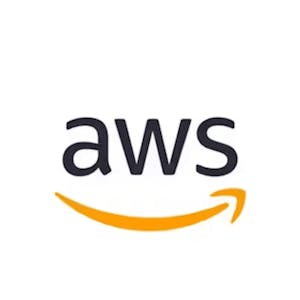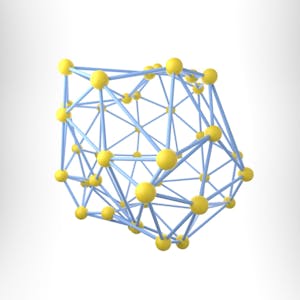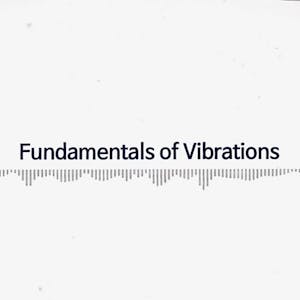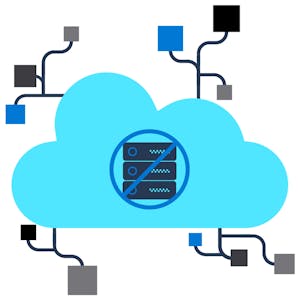Decentralized Finance (DeFi) Infrastructure
About this Course
Decentralized Finance: The Future of Finance is a set of four courses taught by Campbell R. Harvey (Professor of Finance at the Fuqua School of Business, Duke University, and a Research Associate of the National Bureau of Economic Research) that focus on decentralized finance (DeFi). In this first course, we begin by exploring the origins of DeFi and take a broad historical view from the earliest barter economies, such as the first peer-to-peer exchanges of bartering, to present day. The course also looks at historical examples of money having value even though it is not officially backed. We then focus on the key infrastructure components: blockchain, cryptocurrency, smart contracts, oracles, stablecoins and decentralized applications (or dApps). This includes discussion of the mechanics of the Ethereum and Bitcoin blockchains including cryptographic hashing. Next, we focus on the specific problems that DeFi is designed to solve: inefficiency (costly, slow, and insecure today), limited access (1.7 billion are unbanked), opacity (we need to trust regulators to monitor banks and the regulators have mixed records), centralized control (financial system is oligopolistic imposing higher fees than we would have in a competitive market) and lack of interoperability (it is difficult to move funds from one financial institution to another today). The course closes by exploring many of the myths about the crypto space.Created by: Duke University
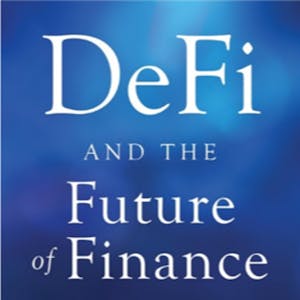
Related Online Courses
In this course, AWS Hero Alex DeBrie demonstrates the step-by-step process of migrating a Microsoft SQL Server database to Amazon Relational Database Service (Amazon RDS). You can either watch Alex... more
Explore the hidden forces shaping our thoughts in \"Rethinking Logic: Surprising Science of Critical Thinking.\" This innovative course, led by Barbara Oakley, Terry Sejnowski, and Adam Trybus,... more
Introduction to Basic Vibrations starts with the fundamental principle of vibrations with a single and double degree of freedom systems. These fundamental vibration systems provide a solid platform... more
In this course, you will learn how Azure Functions enable the creation of event-driven, compute-on-demand systems that can be triggered by various external events. You will earn how to leverage... more
This course provides an introduction to data center networking technologies, more specifically software-defined networking. It covers the history behind SDN, description of networks in... more

